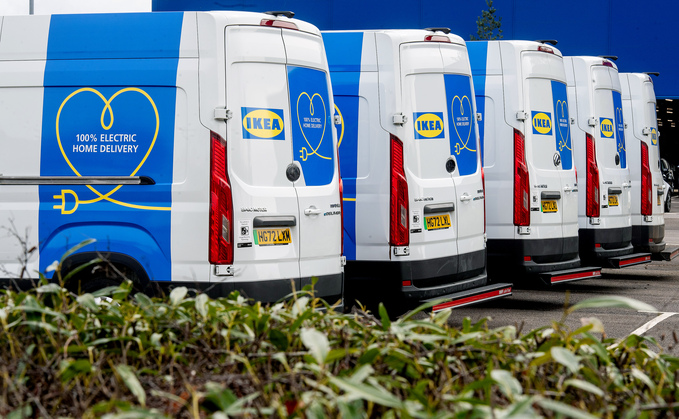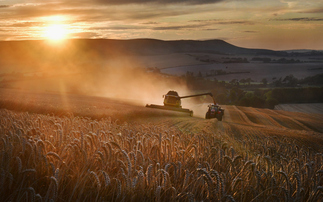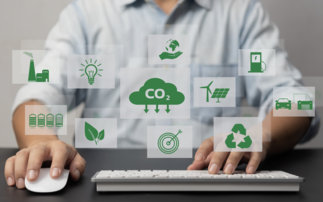
Credit: IKEA
Swedish retail conglomerate's latest green progress reports show how it is taking big strides towards its science based climate targets
The journey to a cleaner, green economy has never been a smooth ride, as any seasoned corporate sustainability executive will tell you. But it is fair to say that 2025 has brought more than its fair share...
To continue reading this article...
Join BusinessGreen
In just a few clicks you can start your free BusinessGreen Lite membership for 12 months, providing you access to:
- Three complimentary articles per month covering the latest real-time news, analysis, and opinion from Europe’s leading source of information on the Green economy and business
- Receive important and breaking news stories via our daily news alert
- Our weekly newsletter with the best of the week’s green business news and analysis








